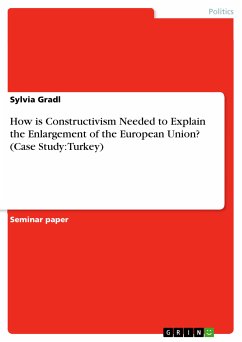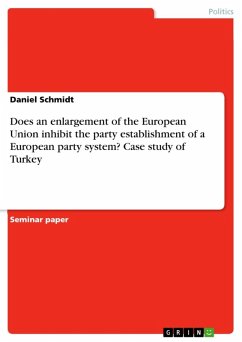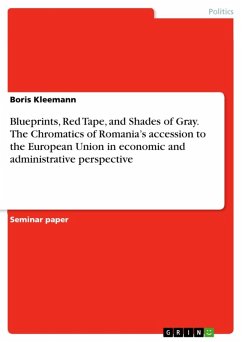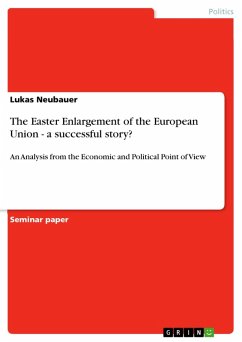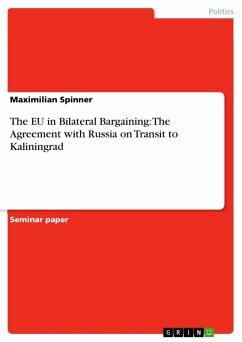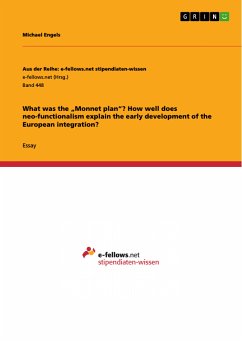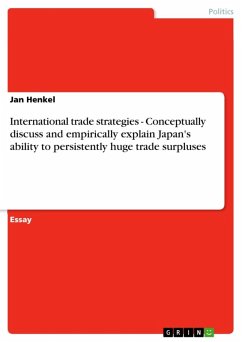Seminar paper from the year 2004 in the subject Politics - International Politics - Topic: European Union, grade: 2, University of Birmingham, course: Political Economy of teh EU, language: English, abstract: This year the first new member states of the Eastern enlargement will join the EU. This refreshes also the debate about Turkey's potential entry. No country has such a long time of appliance like Turkey and still there is the discussion if Turkey should join the EU at all. In the following I will explain why rational or constructivist reasons alone are not enough for explaining Turkey's situation. I will try to show how the theory of Frank Schimmelfennig is needed to explain the enlargement of the EU. For this, Turkey will be my case study. First a general description of Schimmelfennig¿s idea will introduce my case study before I will adapt his theory to the integration process of Turkey. Frank Schimmelfennig bases his theory on rationalism and constructivism. For him the enlargement of the EU cannot only be explained by rational arguments about costs, benefits and state preferences. But also pure constructivism has some gaps in explaining why the EU wants to have new members or why new members want to join the EU. [...]
Dieser Download kann aus rechtlichen Gründen nur mit Rechnungsadresse in A, B, BG, CY, CZ, D, DK, EW, E, FIN, F, GR, HR, H, IRL, I, LT, L, LR, M, NL, PL, P, R, S, SLO, SK ausgeliefert werden.

